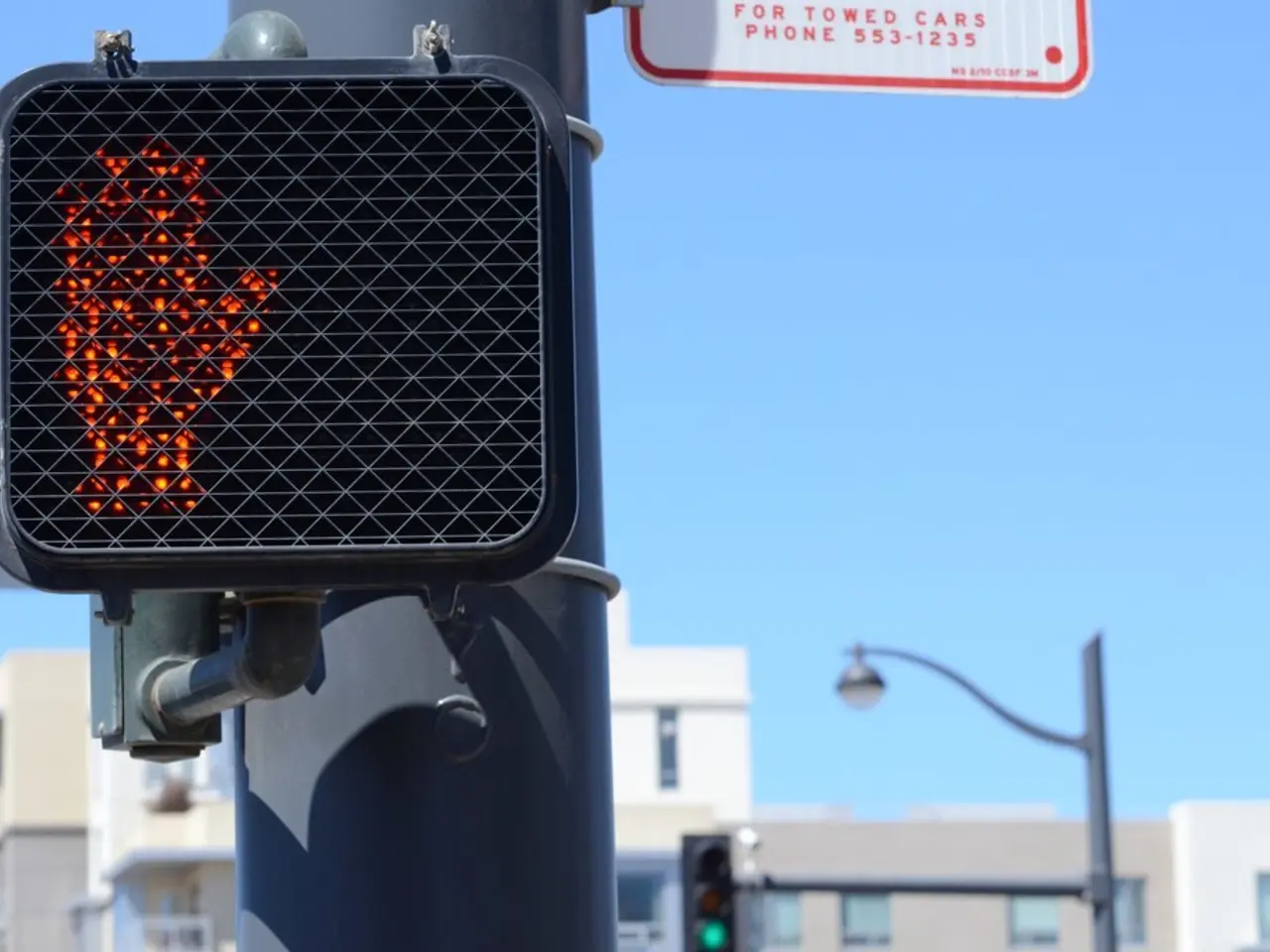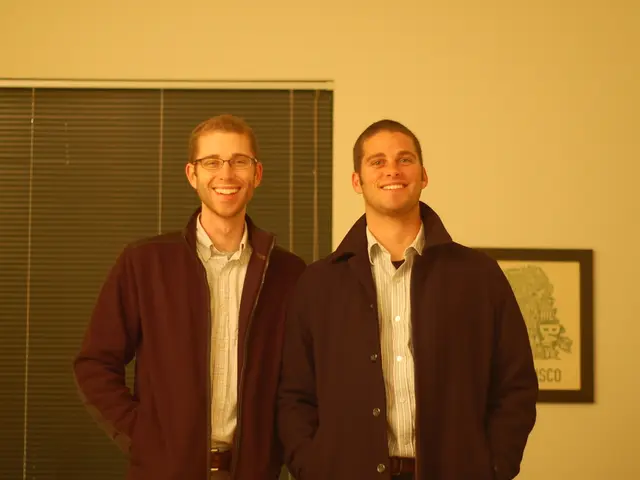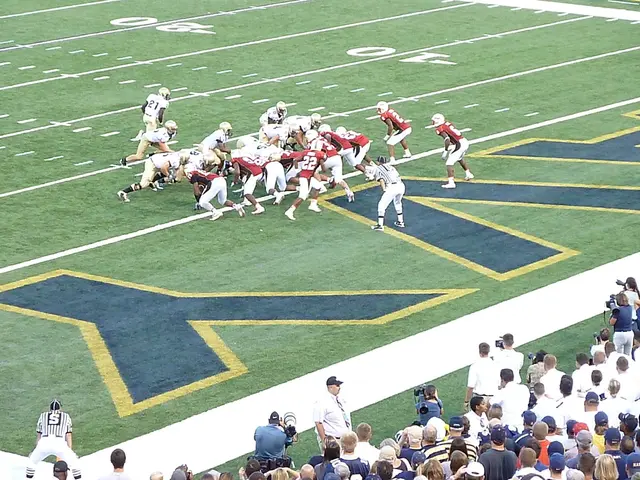Alter the current financial support structure!
Berlin, the vibrant capital city of Germany, is grappling with a cash-strapped situation. In an effort to alleviate this, various measures are being considered, including maximising the collection of uncollected traffic fines and adopting efficient financial and operational strategies.
In 2024, the city saw a staggering 4.2 million reports of traffic offenses, a 150,000 increase from the previous year. Unfortunately, approximately 12 million euros in fines went uncollected, a significant amount that could potentially fund projects for a year.
To address this issue, cities can focus on improving fine collection processes, implementing incentive or penalty programs, leveraging technology for enforcement, and engaging third-party collection agencies. By doing so, outstanding fines can be turned into timely revenue.
Beyond fines, cities can explore other revenue-boosting methods, such as offering tax incentives to attract investment, promoting local business growth, and using social media channels effectively to support local businesses.
The Sonntags-Club, the oldest queer institution in eastern Berlin, is one of the associations that could benefit from the collection of uncollected fines. The funding sum for the third project position in the Sonntags-Club amounts to around 55,000 euros per year. If funding is lost, nine self-help groups would have no more support, and all offers that explicitly target lesbian and bisexual women and Flinta* would be at risk.
One of the funded projects, the Women's Lesbian Friday, supports lesbian and bisexual women and Flinta. If funding is lost, the Women's Lesbian Friday could no longer be cared for, resulting in 130 fewer events per year. Other corresponding projects for women are also affected, such as the "BerTa" project in Buch and Casa e.V. in Spandau.
The draft for the double budget 2026/27 foresees new record expenditures for Berlin, increasing from 40 billion to almost 44 billion euros by 2026. Despite these new expenditures, there are to be further cuts in several areas. Every additional million euros counts, especially when funding for an association is suddenly withdrawn.
In light of these challenges, the Senate is urged to provide associations like the Sonntags-Club with a certain grant sum for a longer period, such as three or five years, to reduce bureaucratic burden and provide more planning security. A change in funding system is also proposed, where associations like the Sonntags-Club are given more autonomy in deciding how and for what funds are used.
[1] Austin, Denver, and Nashville have successfully encouraged rental property development and office-to-residential conversions, increasing long-term property tax revenues. [2] Promoting local business growth through digital ads, social media campaigns, and SEO can increase economic activity, broadening the tax base and local revenues. [4] Using social media channels effectively can support local businesses and partnerships, indirectly increasing city revenues through business growth and associated taxes. [5] [Source 5 not provided]
- In light of Berlin's financial struggles and the significant uncollected fines in traffic offenses, the city should focus on enhancing fine collection processes, such as implementing incentive programs and leveraging technology, to generate timely revenue that could potentially fund important projects or associations like the Sonntags-Club.
- Beyond fine collection, cities can explore other revenue-boosting strategies, similar to Austin, Denver, and Nashville, by encouraging rental property development and office-to-residential conversions to increase long-term property tax revenues, or by promoting local business growth through digital ads, social media campaigns, and SEO, which can broaden the tax base and increase local revenues, indirectly supporting city budgets.








